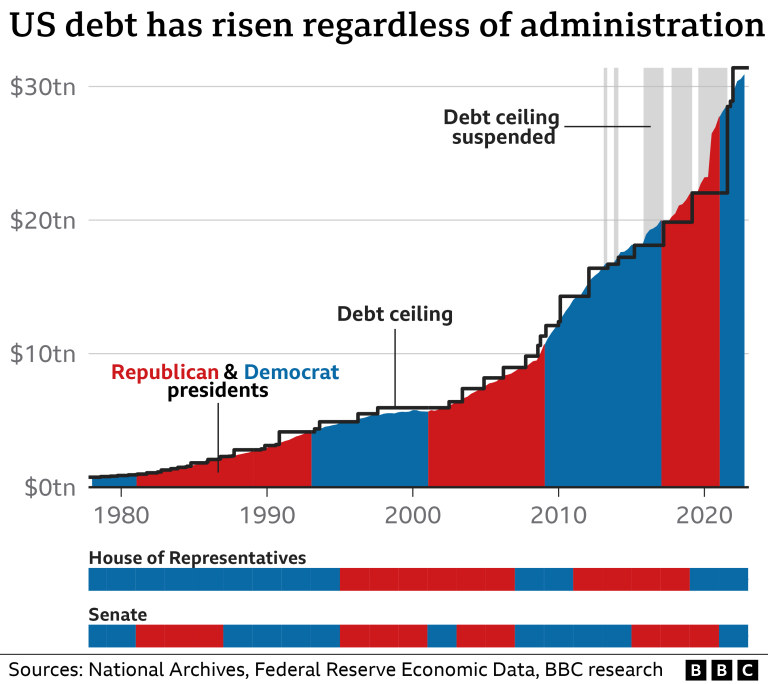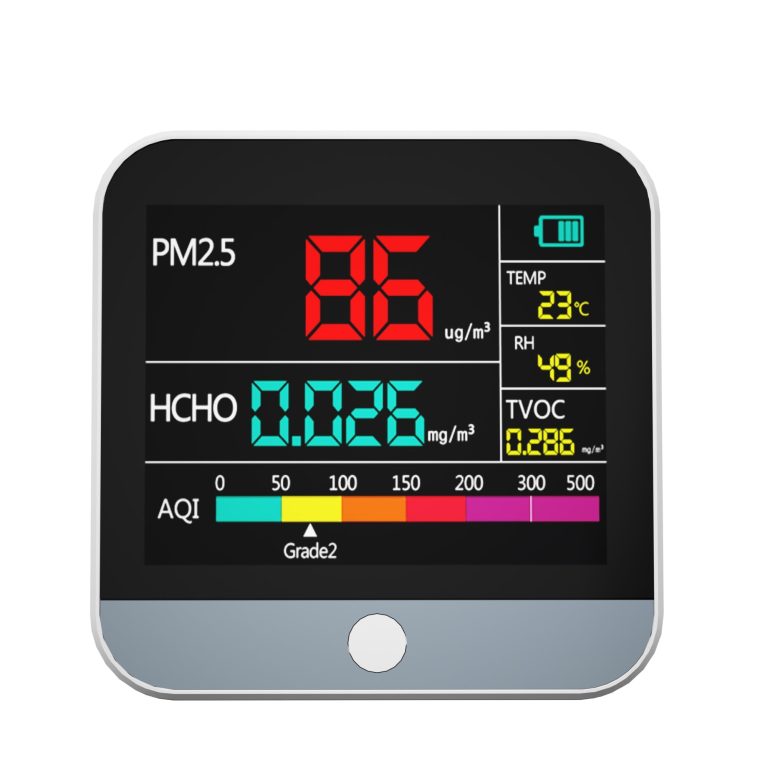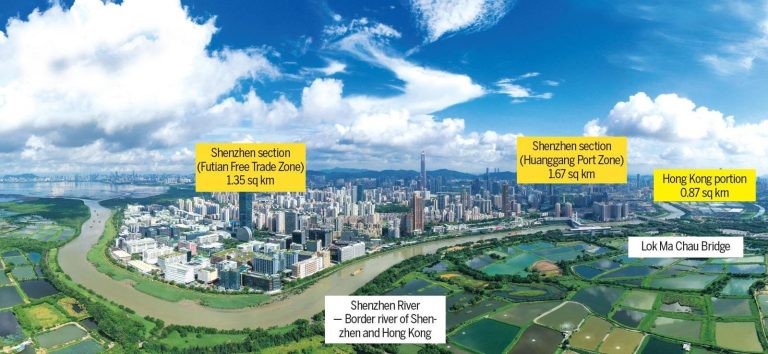Hong Kong’s public healthcare system is undergoing its most significant reform in nearly a decade, with new fee structures taking effect January 1, 2026. These changes aim to strengthen healthcare protection for vulnerable groups while ensuring the long-term sustainability of the system amidst an aging population. Discover how these reforms will affect you and your family.
Major Healthcare System Reforms
The Hospital Authority (HA) has completed its comprehensive review of public healthcare fees, submitting policy recommendations to the Health Bureau that balance accessibility with financial sustainability.
“This reform will gradually straighten out current service imbalances and enhance protection for patients, especially those with critical conditions,” said HA Chairman Mr Henry Fan.
Key Objectives of the Reform
- Rationalize subsidies: Current 97.6% subsidy rate leads to service imbalances
- Reduce wastage: Address misuse of public healthcare resources
- Enhance protection: Strengthen support for 1.4 million vulnerable residents
- Ensure sustainability: Prepare for aging population challenges
New Healthcare Fee Structure (Effective Jan 2026)
Below is the comprehensive breakdown of how fees will change across all major public healthcare services:| Service Category | Service Type | Current Fee | New Fee (2026) |
|---|---|---|---|
| Inpatient Services | Acute bed – Admission | $75 | Canceled |
| Acute bed – Maintenance (per day) | $120 | $300 | |
| Convalescent/Rehabilitation/Infirmary/Psychiatric (per day) | $100 | $200 | |
| Day Procedures | Admission fee | $75 | Canceled |
| Maintenance fee (per day) | $120 | $250 | |
| Day hospital (Geriatric, Rehabilitation) | $60 / $55 | $100 | |
| Community Services | Community nursing/allied health | $80 | $100 |
| Community psychiatric nursing | Free | Free | |
| Psychiatric day hospital | $60 | Free | |
| Emergency Services | Accident and emergency | $180 | $400 |
| * Fee exempted for Category I, II patients | |||
| Specialist Outpatient Clinic | First attendance | $135 | $250 |
| Subsequent attendance | $80 | $250 | |
| Drugs | $15/unit (16 weeks max) | $20/unit (4 weeks max) | |
| Pathology Testing | Basic | No charge | Free |
| Intermediate | No charge | $50 | |
| Advanced | No charge | $200 | |
| Radiology Imaging | Basic | No charge | Free |
| Intermediate | No charge | $250 | |
| Advanced | No charge | $500 | |
| Family Medicine | Consultation (Family medicine) | $135 (first) $80 (subsequent) | $150 |
| Consultation (General) | $50 | $150 | |
| Drugs (Family medicine) | $15/unit (16 weeks max) | $5/unit (4 weeks max) | |
| Drugs (General) | No charge | No charge | |
Enhanced Patient Protection Measures
While some fees are increasing, the reforms introduce significant new protections:1. Financial Safety Nets
- $10,000 annual cap on public healthcare costs (excluding self-financed items)
- Relaxed income/asset limits for fee waivers (benefiting 1.4 million people)
- Easier access to Samaritan Fund for critical treatments
2. Drug Access Improvements
- Accelerated approval for innovative drugs and medical devices
- Expanded coverage under safety net programs
- Reduced copayments for essential medications
“We will ensure no one is denied adequate care due to lack of means, protecting both underprivileged groups and middle-income families from medical impoverishment,” said HA Chief Executive Dr Tony Ko.
Implementation Timeline
- January 2026: New fee schedule takes effect (first adjustment since 2017)
- 2026-2031: Phased implementation of protection measures
- Ongoing: Additional revenue directed to critical care services












